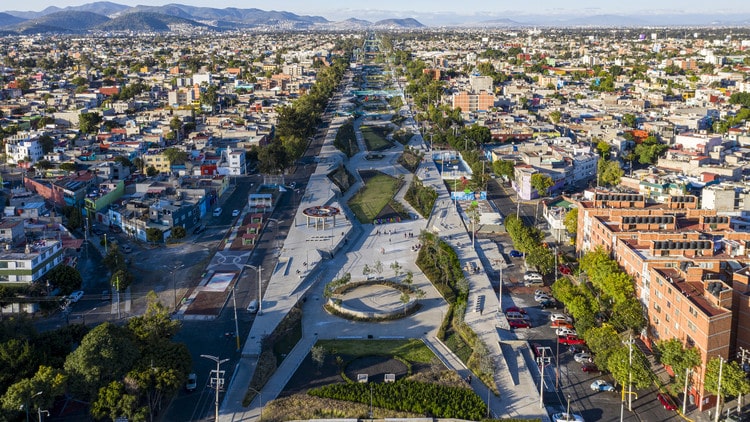Are you curious about how cities are transforming into smarter, more sustainable environments? Ever thought about who is responsible for turning these futuristic visions into reality? Smart city planning is not just a trend; it is the future of urban development.
To achieve these ambitious goals, cities across the United States rely heavily on the expertise of civil engineering consultants. In this article, let us explore why civil engineering professionals in the US are indispensable for smart city planning.
Expertise in Infrastructure Development
US civil engineering consultants are the backbone of smart city infrastructure. Their extensive knowledge of planning, design, and construction ensures that the foundations of smart cities are robust and adaptable.
These professionals specialize in designing infrastructure that meets the demands of modern urban living, from transportation networks to water management systems.
By integrating advanced technologies, they help create infrastructures that can adapt to future growth and challenges. With their guidance, cities can implement infrastructure that supports smart technologies, such as sensors and data analytics, leading to more efficient and responsive urban environments.
Sustainable Urban Planning Solutions
One of the key contributions of civil engineers to smart city planning is their focus on sustainability. As cities grow, the need for environmentally friendly solutions becomes increasingly important. These consultants are experts in developing strategies that minimize environmental impact while maximizing efficiency.
They work on projects that include green building designs, sustainable transportation systems, and efficient waste management practices. With this knowledge, smart cities may be both technologically and environmentally cutting edge, cutting carbon emissions and preserving resources for future generations.
Additionally, they prioritize using renewable energy sources and innovative water conservation techniques, further enhancing the sustainability of urban environments.
Types of Services Provided
They offer a wide range of services essential for smart city development:
- Infrastructure Design: Planning and designing transportation, water, and utility systems.
- Environmental Impact Assessments: Evaluating and mitigating the environmental effects of urban development projects.
- Traffic Engineering: Designing systems to improve traffic flow and reduce congestion.
- Structural Engineering: Ensuring the safety and stability of buildings and bridges.
- Geotechnical Engineering: Analyzing soil and rock properties to inform construction decisions.
These services demonstrate the comprehensive role that civil engineering consultants play in smart city planning.
Enhancing Public Safety and Resilience
Public safety in the US is a top priority in any city planning process. They are vital in designing systems that enhance the safety and resilience of urban areas. They are involved in creating disaster-resistant structures, developing emergency response plans, and designing infrastructure that can withstand natural disasters.
By incorporating advanced materials and construction techniques, they help cities build resilient infrastructures that protect residents and maintain functionality during emergencies. This focus on safety and resilience is critical for the long-term sustainability of smart cities, ensuring they can adapt and thrive even in the face of unforeseen challenges.
Moreover, their expertise also includes assessing potential risks and vulnerabilities, enabling cities to proactively address safety concerns before they become critical issues.
Integration of Technology and Innovation
Smart towns in the US are characterized by their utilization of technology to enhance the standard of living of their inhabitants. These experts are essential to the seamless integration of these technologies into city life. They collaborate with technology providers to incorporate innovations such as smart traffic lights, automated public transit, and energy-efficient buildings into city planning.
They contribute to the development of more integrated, effective, and citizen-responsive urban settings by fusing traditional engineering methods with cutting-edge technology. This integration of technology is key to realizing the full potential of smart cities. Additionally, they ensure that these technological solutions are scalable and adaptable to future advancements, allowing cities to evolve and grow sustainably.
Collaboration with Urban Planners and Stakeholders
Successful smart city planning requires collaboration between various stakeholders, including urban planners, government officials, and community members. Engineering consultants are essential partners in this collaborative process.
They bring technical expertise to the project, ensuring that the proposed plans are feasible and sustainable. Their ability to communicate complex engineering concepts in an understandable way helps bridge the gap between technical and non-technical stakeholders. This collaboration leads to more informed decision-making, ensuring that the final plans meet the needs and expectations of all involved parties.
US civil engineering consultants are crucial to the successful planning and implementation of smart cities. Their expertise in infrastructure development, commitment to sustainability, and ability to integrate technology make them indispensable partners in creating the cities of the future. By providing a variety of services, from infrastructure design to environmental assessments, these professionals ensure that smart cities are not only innovative but also safe, resilient, and sustainable.



